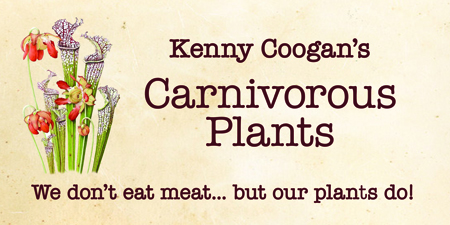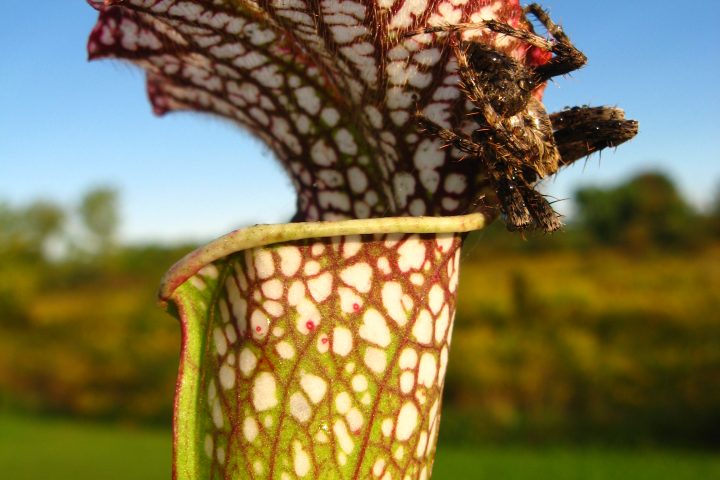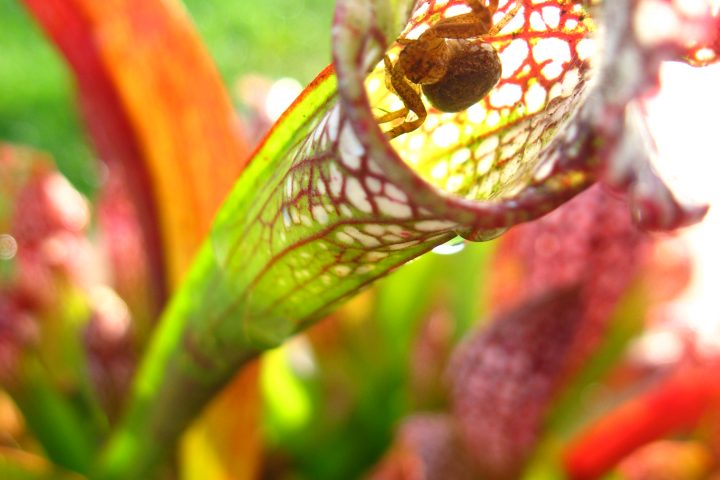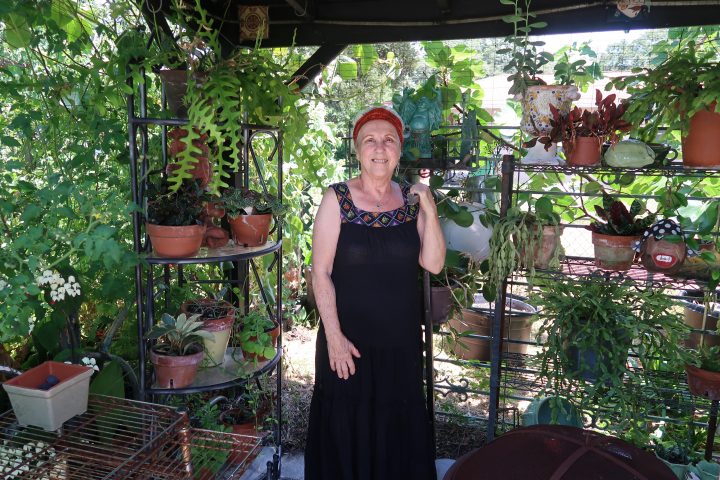“Is it expensive at the grocery store,” is one of the first questions I ask myself when deciding what edible plant to grow in my yard. It makes sense to grow and allot space for things that are costly, especially when real-estate is sparse in our edible landscapes. My second question is usually along the lines of, “Does it taste good?” I wouldn’t want to waste space on cultivars, varieties or species that I don’t find pleasing to my palette.
Avocados with their buttery texture are high in vitamins B5, B6, C, E, K, folate and have more potassium than bananas. They’re versatile in recipes and cosmetics and I think they taste great. Avocados have a lot of heart-healthy monounsaturated fatty acids and are considered one of the healthiest oils to consume.
When purchasing an avocado tree choose a grafted specimen whose trunk is straight and thick, which contains no insects, injuries or fungus. The leaves should be a dark glossy green and the tree should be able to hold itself up. Avoid trees that are root-bound, since these may not grow properly. Choose the warmest open area on the property that is away from trees, buildings and power lines. Trees that are not pruned can become quite large. Keeping the tree pruned to 15ft will help with fruit production and allow for easier harvesting. Trimming small branches will encourage airflow in the canopy. Do not plant in areas that remain wet after our heavy Florida rains.
“Avocados can fruit in large pots, so if your yard has a high water table or flooding tendencies keeping them in a pot is a good way to go,” Jessica O’Toole, owner of The Wild Guava Nursery recently told me. Her and her husband Sean’s nursery is based out of Plant City, FL and services much of the Tampa region.
When planting in the ground, “Fish emulsion and kelp meal applications will be helpful in regrowth and establishment,” O’Toole adds.
If you compost avocado seeds or if you have stuck a seed with some toothpicks and placed it in a shallow dish of water you might be excited to see a seedling. Be forewarned however, the fruit on that tree will not be identical to the one you ate and it may take years, even decades for it to fruit.
“Grafted avocados will fruit faster and at a smaller height, about 4-5 years and 6-7ft, though this may vary greatly depending on the age of grafted material,” O’Toole says. Avocados should be picked green and allowed to ripen indoors on the counter since they will not ripen on the tree. This is good for home growers because you can postpone your crop slightly and not have to eat them all at once – which doesn’t seem like a problem to me.
New research indicates avocado flowers may be both self- and cross-pollinated under Florida conditions. While avocado flowers are bisexual, the female and male flowers function at different times.
“The older the tree gets, the more flowers it will produce, and the easier it is to pollinate itself,” O’Toole explains.
“One of our favorites is Brogden, it’s less sensitive to the cold and boasts a beautiful deep purple skin that is so thin you don’t need to peel it,” O’Toole enthusiastically says. Brogden originated in Florida and does well in the Tampa climate and growing conditions. “’Bacon’ is an appetizingly named variety that is related to Brogden, and also does well here.”
With a little bit of cold prep and patience you could be adding avocados as part of your edible landscape this season.
|
Avocado varieties and climate |
|
| May withstand temperatures in the low 20s.
|
‘Brogdon’, ‘Ettinger’, ‘Gainesville’, ‘Mexicola’, and ‘Winter Mexican’ |
| Moderately cold-tolerant types (25°F-30°F) | ‘Beta’, ‘Choquette’, ‘Loretta’, ‘Booth 8’, ‘Hall’, ‘Monroe’, and ‘Reed’ |
| More cold-tolerant, may be planted in areas that experience infrequent but below freezing temperatures (24°F-28°F) | ‘Tonnage’, ‘Taylor’, ‘Lula’, ‘Kampong’, ‘Meya’, and ‘Brookslate’ |
| Little cold-tolerance | ‘Donnie’, ‘Dupuis’, ‘Simmonds’, ‘Pollock’, ‘Nadir’, ‘Hardee’, and ‘Waldin’ |
| Source: University of Florida IFAS Extension | |
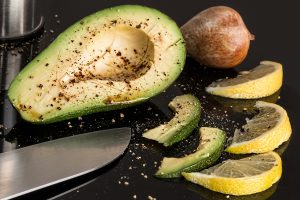
To learn more about homesteading and growing avocados, check out my newest book: 99½ Homesteading Poems
